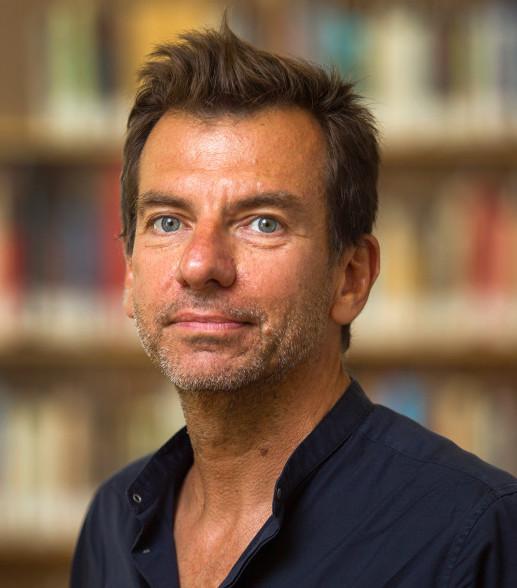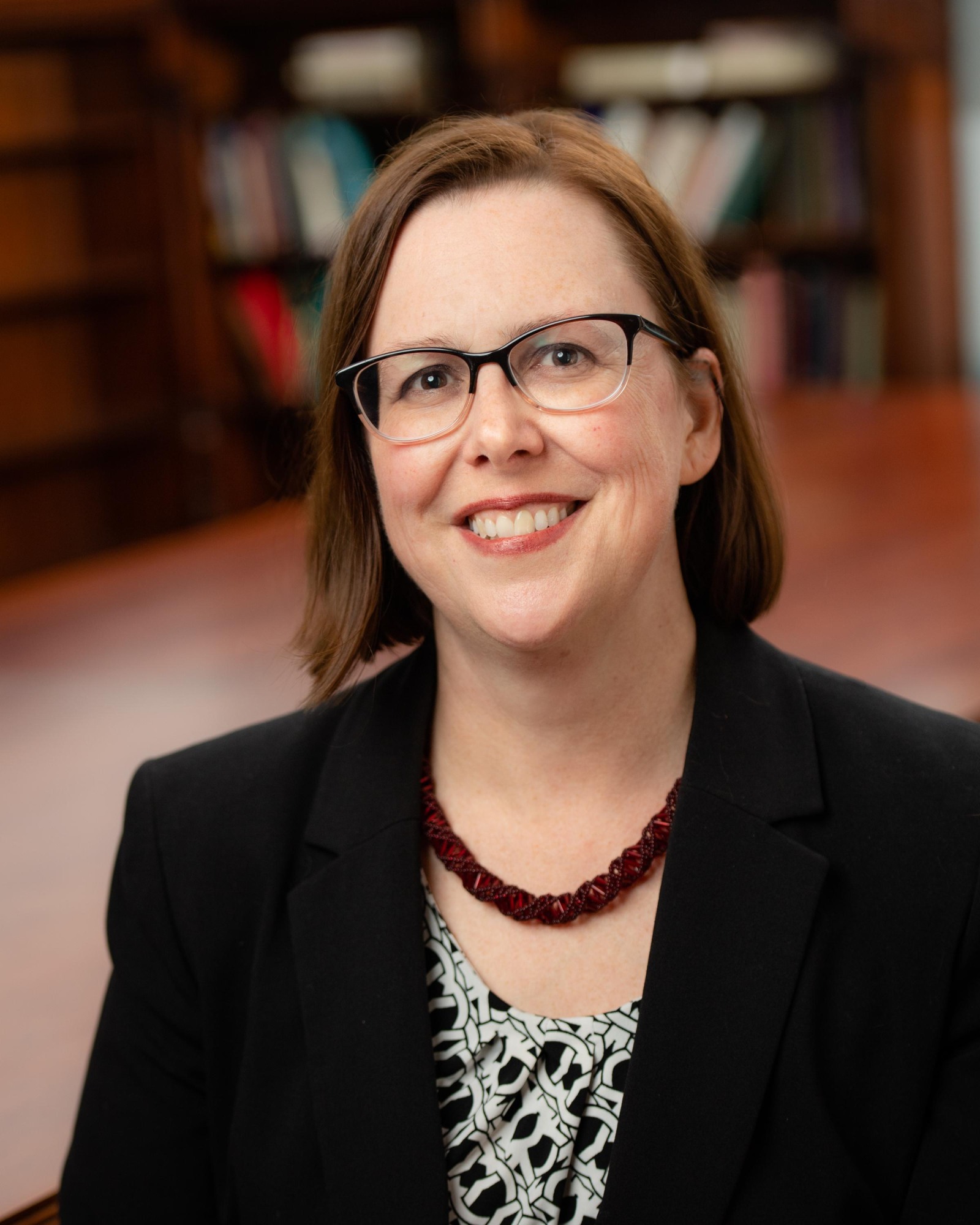PROVIDENCE, R.I. [Brown University] — Brown University professors Yannis Hamilakis and Tracy Steffes have been awarded fellowships from the John Simon Guggenheim Memorial Foundation, the organization announced on April 15.
Hamilakis, a professor of archaeology and modern Greek studies, and Steffes, a professor of education and history, are among the 198 American and Canadian scientists, scholars, writers and artists selected this year from more than 3,000 applicants.
“I was surprised to hear the news, to be honest, and I am delighted and very grateful,” Hamilakis said.
Steffes said she was similarly “surprised, honored and grateful” and added, “I’m really looking forward to the opportunity to delve deeply into research, writing and scholarly engagement.”
Each plan to use the award stipend to support the creation of a new book.
Yannis Hamilakis: Deconstructing the social, political and racial dimensions of the Acropolis
Hamilakis has been working on a project about the Acropolis of Athens, Greece, that takes an alternative view of the UNESCO World Heritage Site.
While Hamilakis has been studying the social and political dimensions of the monumental landscape of Athens for more than a quarter of a century, this new project focuses specifically on the Acropolis and misconceptions around it, he said.

In his new book, “The Acropolis Otherwise: Undoing Monumental Racecraft,” Hamilakis will write about the Acropolis’ “non-classical lives, its importance amongst many peoples and cultures including the Ottomans, its purification and cleansing, its rebuilding as a neo-classical heritage space, its sacralization in the national and colonial imagination [and] its racialization.”
In his Guggenheim proposal, he explained that the world still treats the site as an ancient classical monument.
“Something that has been hardly touched upon is that the Acropolis we experience today is a monument of and to racialized white modernity,” Hamilakis said.
The Acropolis has been subjected to what Hamilakis describes as monumental racecraft, a term he borrowed from sociologists Karen and Barbara Fields.
“Monumental racecraft is the invisible ontology of race produced and crafted through archaeological monuments,” Hamilakis said.
He will also shift from archaeology and write about various attempts at “demonumentalization,” or how filmmakers, authors, photographers and artists have questioned the process of monumentalization that has been going on since the 19th century. He explored these ideas in a graduate seminar about the Acropolis that he led at Brown in Fall 2023.
“Teaching the course and mounting a related exhibition was a wonderful opportunity to discuss these ideas with graduate students and get their reactions and thoughts to various texts,” Hamilakis said. “I am grateful to the Brown students for allowing the generation of new ideas collectively.”
A crucial part of Hamilakis’ research involves archival work in Athens, where he intends to pore over materials to better understand the rationale and logic that defined, shaped and justified the interventions on the monument.
The Guggenheim fellowship will allow Hamilakis to stay for several months in Athens to complete the archival research and draft most of the manuscript, which represents the culmination of his teaching and public debates on material heritage.
“The new project is a combination of all this prior research on archeology, monuments and nationhood in Greece,” Hamilakis said.
Tracy Steffes: Narrating the history of the for-profit sector in K-12 education
Steffes is a historian of education, law and policy whose scholarly research centers on the relationship between public schooling, American governance and state power, and social opportunity and inequality over time.
Steffes is writing a historical monograph that uses archival and published primary sources to frame an analytical, interpretative narrative about the development of the for-profit sector in K-12 education over time.

Her book, “Education Inc.: For-Profit Businesses and the Development of American Public Education,” explores the history of for-profit business activities in K-12 education from the mid-19th century to the present era.
In her Guggenheim proposal, Steffes explained that K-12 education is big business in the United States, with private equity firms, venture capitalists and multi-national corporations investing in developing new products and services to capture the nearly $1 trillion in annual K-12 education spending. Despite this, she said, there has been little historical study of the for-profit sector in K-12 education.
“We often talk about recent for-profit involvement in public education like it’s a new and unprecedented development,” Steffes said. “I’m interested in taking a longer and broader perspective, and asking, what is new? What’s changing? What are some of the questions we should be asking in this moment, and, importantly, what are some of the lessons we can learn from the past?”
In her new book, Steffes aims to narrate the history of the for-profit education sector, explore its relationship to the development of public schooling, and analyze the shifting ideas and practices of “public” responsibility for education. “Education, Inc.” will be the first historical monograph to map, conceptualize, narrate and interpret the development of the for-profit sector in education over time, she said.
Steffes is in the early stages of research for the project, having just published her second book, “Structuring Inequality: How Schooling, Housing and Tax Policies Shaped Metropolitan Development and Education.” She will use the Guggenheim funds to spend a year visiting archives, advancing primary source research and writing. While this project will involve some of the approaches she used in her two previous books, she said it will also involve significant research into the private sector, such as delving into business archives and databases.
Steffes said this new project brings a new perspective to questions that have captivated her throughout her research.
“Across work, I'm really interested in the shifting ways we have defined and pursued public responsibility for education over time,” Steffes said. “My first two books looked primarily at public schools and at public policy. And here I'm asking what we learn by centering the private sector.”
Steffes will defer the fellowship until the 2026-27 academic year in order to serve a final year as chair of the Department of Education at Brown.